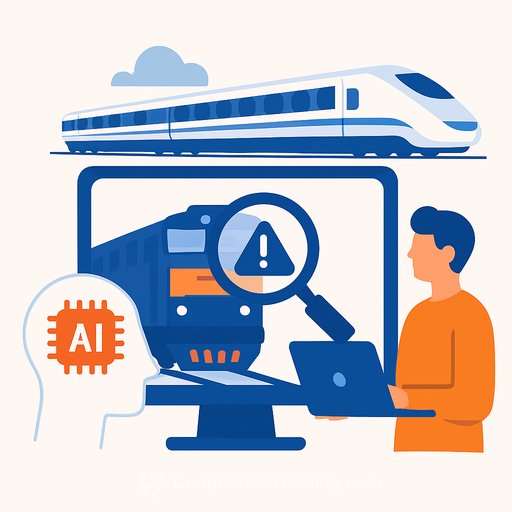CFS partners with University of Sydney to accelerate sector-aligned AI in wealth management
Colonial First State (CFS) and the University of Sydney (USYD) Business School have launched the CFS Future AI PhD Internship Program to advance responsible AI for wealth management. The initiative embeds USYD doctoral candidates inside CFS teams to prototype and test solutions grounded in real business needs.
The program connects academic research with production-focused delivery, with candidates contributing to four streams inside CFS:
- Investment
- Human resources
- Risk and compliance
- Technical advisory
USYD leaders said internships help doctoral researchers apply their work to practical business problems with a human-centered lens. CFS executives framed the move as part of a broader AI strategy that includes its AI Centre of Excellence and Ignite AI Talent Program, with a focus on building internal capability and shipping solutions that matter to advisers and members.
Why this matters for IT and development teams
- Direct access to production data and workflows enables faster iteration on models, guardrails, and integration patterns.
- Academic partnership brings fresh methods (evaluation, causality, interpretability) into day-to-day engineering, not just research slides.
- Clear domain boundaries (investment, HR, risk/compliance, advisory) mean well-scoped problems and measurable outcomes.
Expected technical focus areas
- Data access and privacy: PII redaction, differential privacy where viable, data minimisation, and least-privilege IAM across cloud services.
- MLOps and LLMOps: Reproducible pipelines, feature/model registries, prompt/config versioning, evaluation datasets, canary releases, rollback plans.
- Evaluation: Grounded metrics for advice accuracy, policy adherence, toxicity, bias and fairness, plus qualitative reviews by domain experts.
- Security: Prompt injection and data exfiltration defenses, tool-use whitelists, secret management, dependency hygiene, and audit trails.
- Cost and performance: Token/throughput budgeting, caching, distillation, retrieval quality checks, and latency targets tied to user value.
Practical opportunities by stream
- Investment: Workflow copilots for research synthesis with source citation, scenario analysis assistants, portfolio data quality checks, and anomaly detection on trade or market data.
- HR: Skills graph enrichment, internal mobility matching, structured interview note extraction, and bias testing across screening models.
- Risk and compliance: Policy-aware content classification, surveillance over unstructured communications, red-teaming of LLM tools, model documentation and approval workflows.
- Technical advisory: Retrieval-augmented advice assistants with strict grounding, versioned policy corpora, and guardrails that fall back to human review on low confidence.
Guardrails to prioritise from day one
- Adopt a risk framework such as the NIST AI RMF for model classification, impact assessment, and control mapping.
- Establish model cards, data lineage, and incident playbooks; log prompts, responses, tool calls, and user feedback for auditability.
- Run continuous evaluations and adversarial tests before scaling access; include shadow-mode pilots with real users.
- Treat retrieval corpora as code: version, test, and monitor drift; enforce policy updates through CI/CD.
What to watch next
Expect pilots inside the four streams, shared learnings via the AI Centre of Excellence, and a stronger internal pipeline of engineers who can ship safe, useful AI. For dev teams in finance, this is a signal: pair research depth with production discipline, and let domain constraints guide your architecture.
Level up your AI build stack
- Curated tools for finance teams: AI tools for finance
- Structured learning paths and credentials: Popular AI certifications
Your membership also unlocks:






